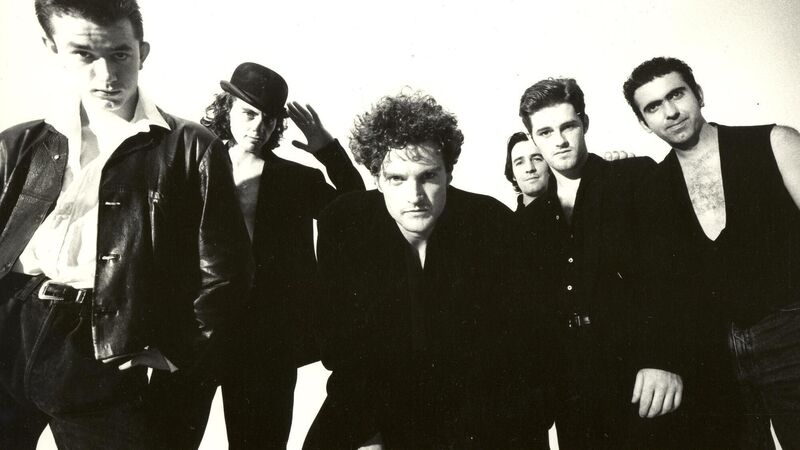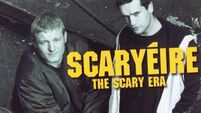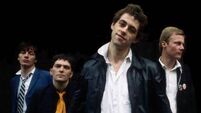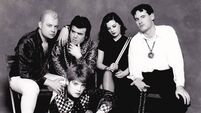Ireland In 50 Albums, No 25: Paradise in the Picturehouse, by The Stunning (1990)

An early incarnation of The Stunning.
During last year’s Rugby World Cup, The Stunning’s anthemic ‘Brewing Up a Storm’ was introduced to a whole new audience when it soundtracked an advertisement for a popular lager. The song’s enduring popularity is at odds with its reception upon release in 1989.
The band’s first three singles (‘Got To Get Away’, ‘Half Past Two’ and Romeo’s On Fire’) were all chart hits in 1988. ‘Brewing Up a Storm’ came next but according to Steve Wall, the band’s singer and guitarist, “It got no radio play, we were told it was too 'guitary'. We were scratching our heads.







